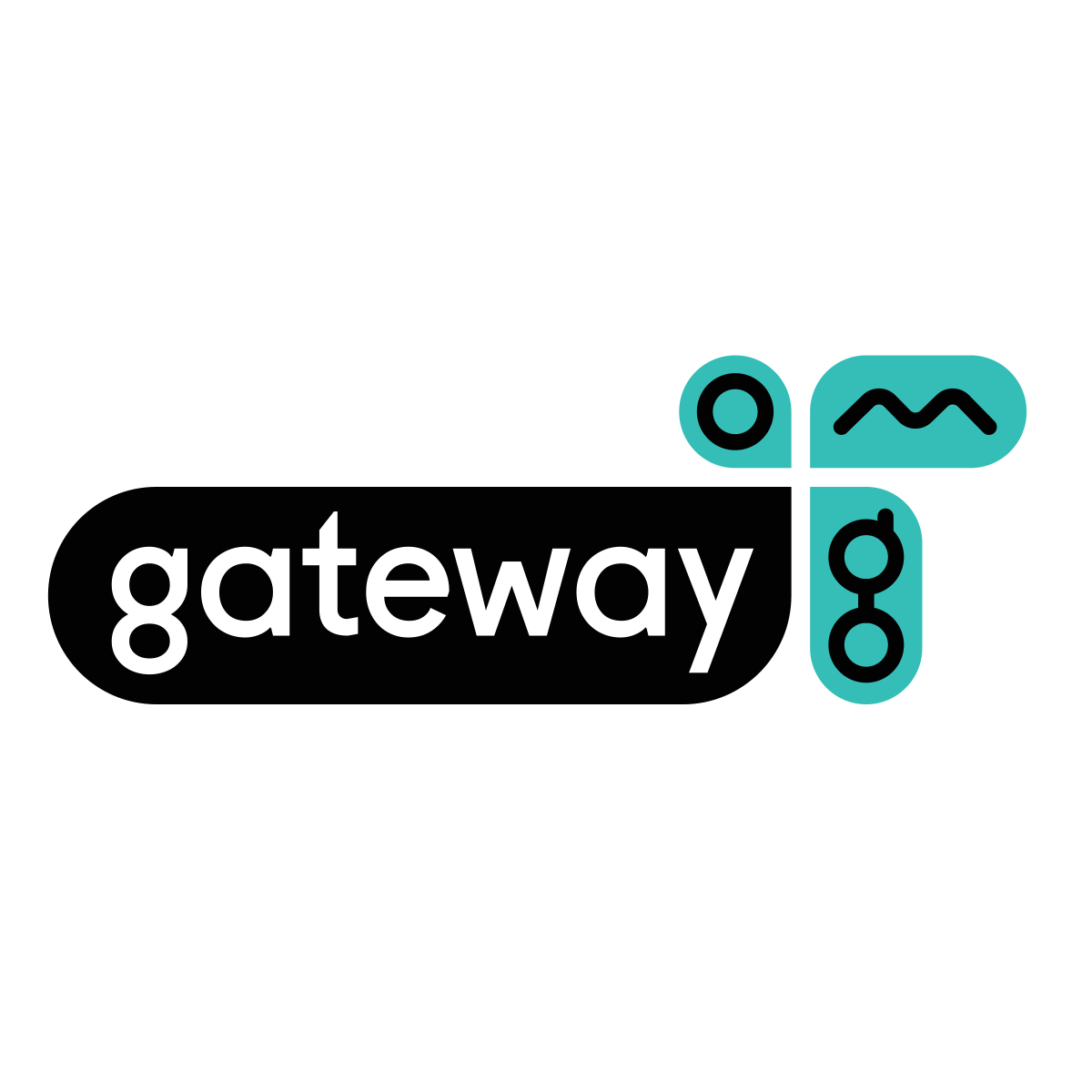It is NEVER too early to start thinking about the MBA admissions process. If you are planning to begin your program within a year, there is no time to waste at all. If you are just beginning to think about obtaining an MBA, read on; there is a lot you can do early on to prepare for a very important phase in your career progression.
MBA admissions is a lot more complex now than it was 10 years ago. With the world getting smaller, students are looking at options all over the globe. There are more choices, but that also means that the competition is much greater. To top it off, the MBA is increasingly necessary to move up beyond a certain point on the corporate career ladder. Here at Aureus, our experiences as MBA admissions and career consultants have helped us realize that the earlier professionals start thinking about the process, the less stressful the months leading up to admissions deadlines can be.
Basic Questions:
Do you know where and what specifically you would like to study? Is it in Asia, Canada and the US, Europe or another region? Is it a general management degree you need, or are you specifically interested in, say, finance? If you are undecided about where and what, that is fine, but your strategy needs to be crafted accordingly.
Testing:
If you know you would like to study in a well-regarded program, admissions is a very complex process. If you have not already taken the GMAT test, begin studying now. It’s not that easy to obtain a competitive score, and many professionals spend 1-3 months preparing for each round of the exam. Most take the exam 1-3 times until they obtain a satisfactory score. Can you prepare for the GMAT on your own with test preparation materials or will you need coaching? ICON+ offers top-rated services to guide you in your test preparation and taking our free diagnostic test can provide clarity about the process. My advice to you would be to get moving on that really fast.
If you are from a non-English speaking country and your degree was not taught in English, you may need to take the TOEFL or IELTS exams. If your English is quite good for speaking, listening, reading, and writing, then you may only need a day’s worth of preparation. At minimum, you need to understand the test structures and what the test-makers are looking for. If, however, you know that your English needs some work, you’ll need to invest time (and perhaps money) into upgrading your skills. Languages take weeks and months, even years to learn, so don’t wait until the last minute to begin your studies!
Research:
Start your research on MBA programs now. Visit fairs such as the QS World MBA Tour and The MBA Tour, and get more familiar with names and locations. The Internet is a very effective tool, and school websites have a lot of information available. Get moving! Attend info sessions, ask questions, and establish contact with the officers if you are interested in their programs.
If time and budget enable you to visit the school, start planning a trip. Check when their information sessions and tours are. Start narrowing down your choices and crossing schools off your list based on what qualities you like and where you feel you will fit in. Remember that with MBA programs, it’s not a one size fits all; finding that perfect fit often takes time.
Research the application process. There are good books that have been written by experts in the field such as The Princeton Review’s “The Best 300 Business Schools” and Bouknight & Shrum’s “Your MBA Game Plan“, to name a couple. Invest in these or borrow them from the library. Check out MBA rankings such as those of Business Week and the Financial Times. Talk to older professionals, alumni of MBA programs and MBA admissions consultants, who can share a lot from their experiences.
Self-Introspection:
Start reviewing your own key selling points. Compared to applicants of a similar background, how are you unique? For example, if you are a male Asian engineer, what would make admissions officers want to accept you? Do you have a hobby that could be considered different? Do you employ a particular and uncommon leadership style, such as servant leadership? Have you worked on projects in interesting countries or regions?
As MBA admissions become increasingly competitive and the world learns from the recent global financial crisis, your initiatives outside of the workplace become more and more important in the application process. Have you done valuable volunteer work? Do you have any intercultural experience? How have you used your last couple of vacations? If you have not yet started to upgrade your skills through professional development courses, networking, or leadership and team building workshops, now is the time to get started!
References:
Most programs need one or more references. Start thinking about who you would like to ask. Usually, you need a reference from your current supervisor and perhaps one or more work-related references. Establish a rapport with your supervisor. If the relationship and your company’s climate allows, you might want to meet them to discuss school choices and your career progression. If you can decide who you want your referees to be, ask them early. No busy professional wants to be asked at the last minute as they struggle to complete projects.
While this process might seem highly complex right now, remember that you do have so many more options and more resources than your parents did. You can have an edge over your competition and alleviate a lot of last-minute stress by starting early. Your hard work will pay off, and you can get closer to your dream school(s) by planning and strategizing well. Good Luck!
Gateway+ is a
Get started on your free 7-day trial by filling the form below. We won’t be asking for your credit card details 🙂
Unlimited access to preparation for university entrance tests, interviews, skills and more.



